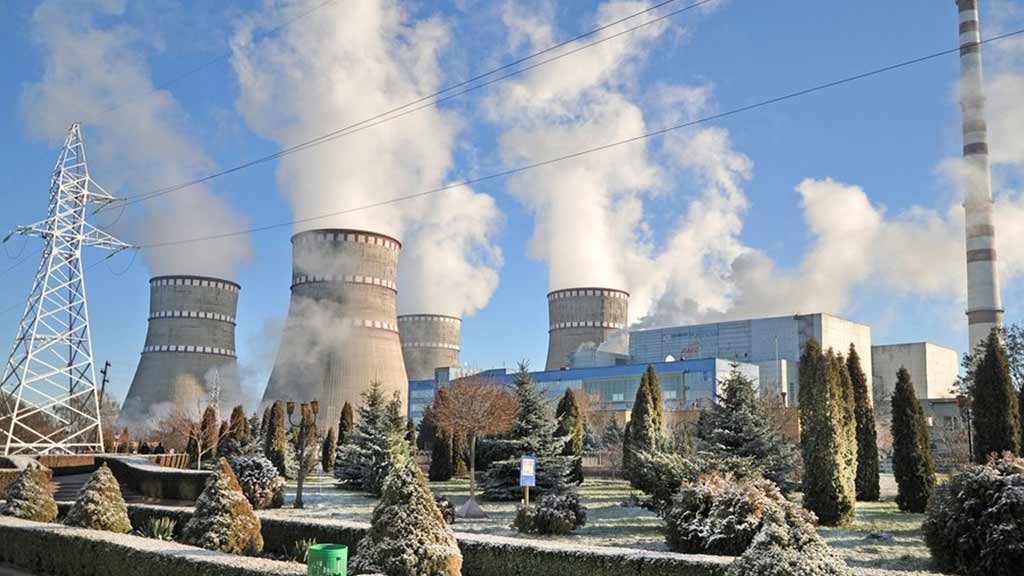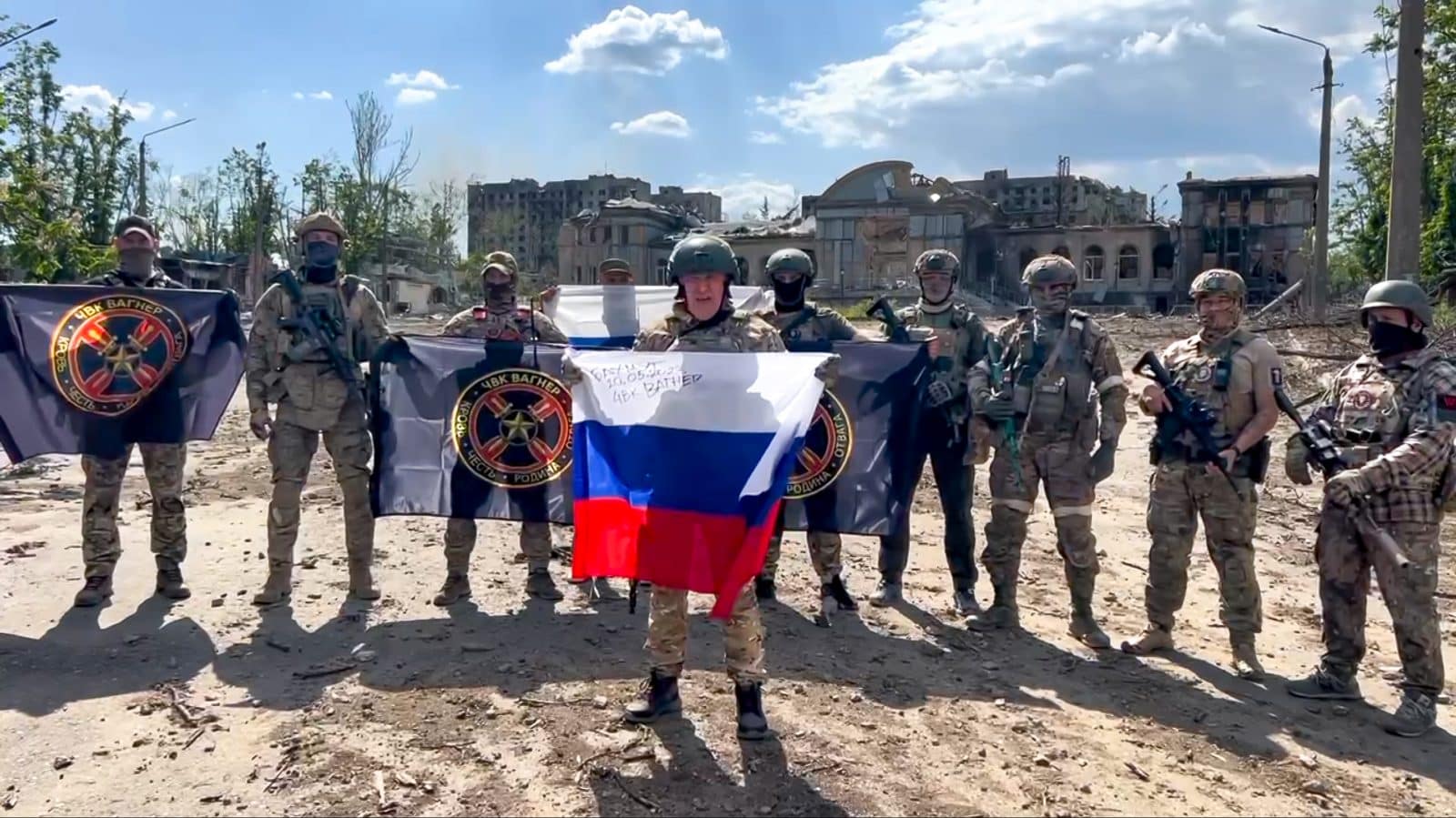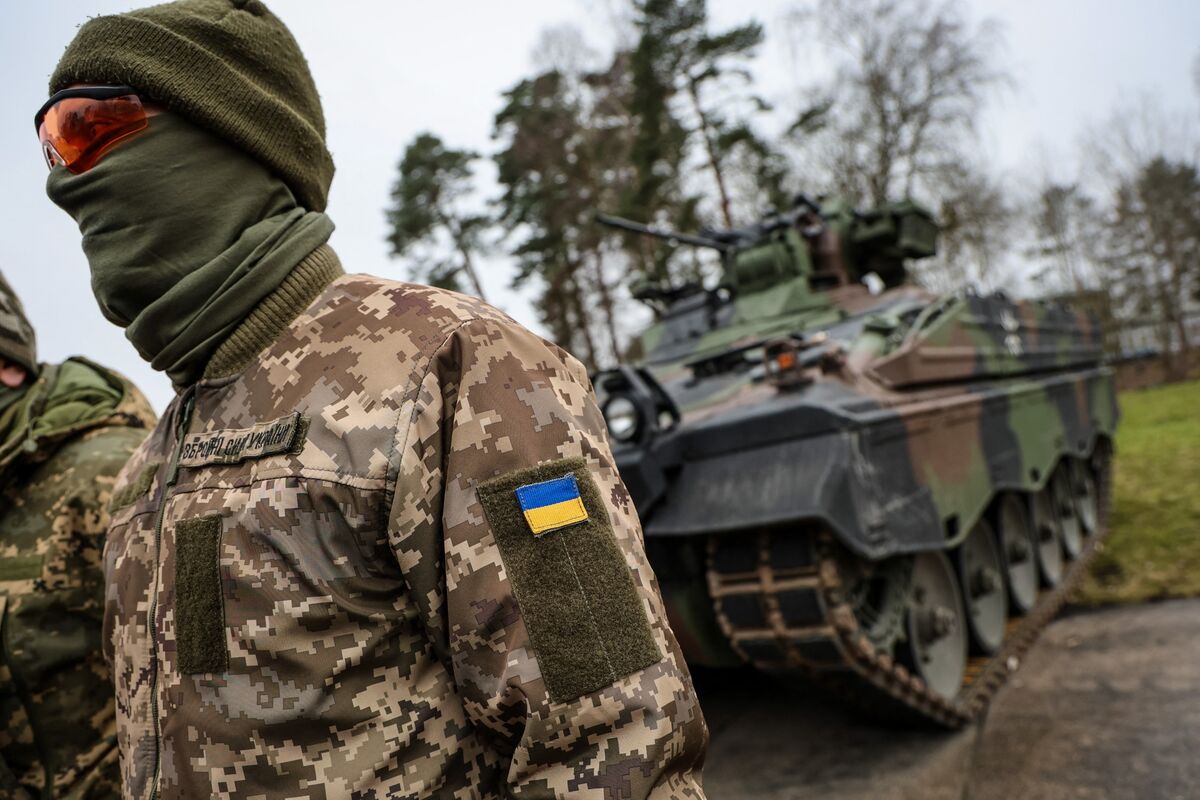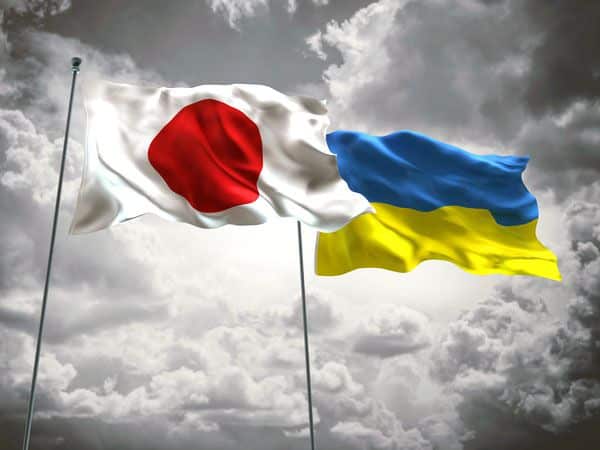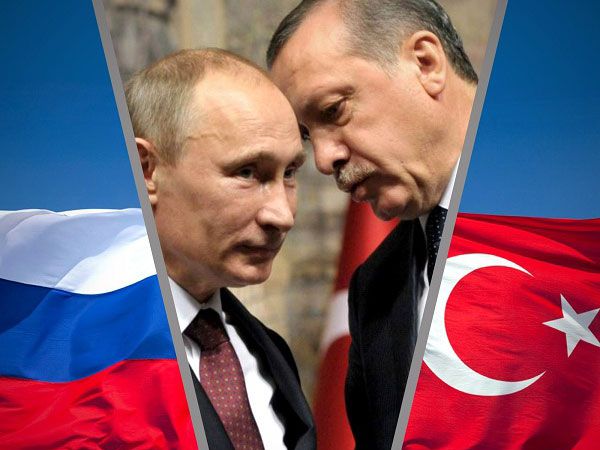Table of Contents
In his speeches, the permanent representative of Ukraine to the UN, Sergiy Kyslytsya, repeatedly called the Russian Federation “a country that unjustifiably takes the place of the USSR in the UN.” In this article, we offer a detailed explanation of why this definition of Russia is absolutely correct.
Moreover, we consider depriving the Russian Federation of its unjustified membership status in the UN and the UN Security Council as an element of the system of security guarantees, taking into account Russian aggression in Ukraine.
The collapse of the USSR
So, first a bit of history.
All specialists in the field of international law and international relations are well aware: the text of the agreement establishing the Commonwealth of Independent States (Belovezh Accords of December 8, 1991) begins with the statement in its preamble that the Union of the SSR as a subject of international law and a geopolitical reality ceases to exist.
Since the Constitution of the USSR of 1977, in the version valid for 1991, simultaneously defined the republics as formally sovereign entities, while at the same time depriving them of independent powers in the fields of defense and foreign relations, it is clear that the very fact of concluding and signing the Belovezh Accords proves the agreement: the leaders of the countries of its signatories already acted obviously outside the boundaries of such a constitution, since for them the fact of the termination of the existence of the state itself, the existence of which was determined by such a constitution, was self-evident and indisputable. The signatory states did not use Article 72 on the right to freely leave the USSR (which preserved, at least in theory, a single state), but decided to terminate the existence of the state itself. Therefore, all the efforts of the Russian Federation and its troubadours at various levels to use arguments that the USSR as a state continued to exist, but in a different guise and name (the Russian Federation), simply contradict the available documents, and our ideas about the content of the history of the 20th century.
CIS and UN
Later, in December 1991, the leaders of the member states of the Commonwealth of Independent States (CIS), which united for a certain time part of the countries after the collapse of the USSR, held a meeting in the capital of one of them, the city of Alma-Ata [former name of Almaty – ed.], where, among other things, the decision of December 21, 1991, was adopted, in which they only recognized the fact that Belarus and Ukraine, together with the USSR, are founding member states of the UN (unlike the Russian Federation), and expressed support for the latter to continue the USSR’s membership in the UN, including permanent membership in the Security Council and other international organizations, and did not replace it or acquire membership instead of the USSR.
What exactly was meant by the term “support”, how such support correlates with the content of the UN Charter, and whether the CIS member states had the authority to transfer/delegate the membership of the USSR in the UN and the UN Security Council to another country, remains unknown. By testifying their support, the CIS member states only demonstrated a position that could not replace a decision, the adoption of which, in accordance with the provisions of Articles 3 and 4 of the UN Charter, belongs exclusively to the powers of the General Assembly of the United Nations. Thus, addressing his letter of December 24, 1991, to the UN Secretary-General, President Boris Yeltsin must have understood the illegality of his actions, which were planned to be carried out using him, namely, by changing the plates on the table to replace the complex procedure provided for by the special norms of the UN Charter – the same Charter, which in Article 23 still contains a reference to the USSR as a permanent member of the UN Security Council.
The reasons and conditions under which the then Secretary-General of the UN Javier Pérez de Cuéllar did not take any measures are still unknown, although part of the picture of those events became clear from the interview of Yuliy Vorontsov, who was the last permanent representative of the USSR and the first – of the Russian Federation in the UN, which shows a complete disregard for the basic procedures of the UN.
The documents, the contents of which have become known to us, testify: from the very beginning of the procedure for the Russian Federation to join the UN, there were numerous substitutions of concepts, falsifications and disregard of the UN procedural norms. Starting with the fact that at the time of the application to the UN, a state called the Russian Federation simply did not exist. The name of the RSFSR was changed to “Russian Federation” according to the Law of the RSFSR “On Changing the Name of the State “Russian Soviet Federative Socialist Republic” signed by President Yeltsin only on December 25, 1991. It is unlikely that he, signing the letter of December 24, 1991, to the UN, could not help but understand that he simply had no right to demand any changes in the interests of a state that did not exist at that time. It is not by chance that the permanent representative of the USSR at the UN, when sending the cover letter to Boris Yeltsin’s appeal, was not even able to formulate exactly which state should be included in the ranks of the member countries instead of the USSR – the Russian Federation or the RSFSR.
There are a lot of questions about the content of the actions, or rather – in fact, inaction, of the then UN Secretary-General Javier Pérez de Cuéllar, who, having received the above-mentioned message from Boris Yeltsin and the cover letter, managed only to submit it to the national delegations for familiarization by his telegram of December 24, 1991, without proposals or a plan for further action.
It is symptomatic that the very content of the Alma-Ata Agreements and Declarations in English translation were submitted to the UN Secretary-General only on December 30 by letter dated December 27, 1991, by the permanent representative of the Republic of Belarus to the UN, Mr G. Buravkin.
In general, the procedure for accepting new members was not something new or unknown for the UN in 1991. In particular, from the very beginning of the Organization’s activities, this procedure, described in the UN Charter, aroused lively practical concern, as evidenced, in particular, by the letter of the chairman of the sixth committee to the chairman of the first committee of the UN regarding the acceptance of new members, dated October 8, 1947.
Being aware of the potential consequences of the processes that took place in the summer and autumn of 1991 in the USSR, the legal services of the UN worked on the study of the issue and consequences of the appeals of the countries newly formed in the place of the USSR to the UN for acquisition or, accordingly, confirmation of membership. In particular, traces of such preparation can be seen in the text of the Internal Memorandum based on a review of a previously published article on this issue dated October 10, 1991, prepared by the Under-Secretary-General for Legal Affairs and United Nations Legal Counsel, Professor Carl-August Fleischhauer.
See also: Iranian kamikaze drones Arash-2 – what is known about them, their capabilities and characteristics
The opinion of this well-known specialist in international law and UN procedures found its further development in the Memorandum dated December 23, 1991, submitted by him to the UN Secretary-General, which related to the first information about the fact of signing and the content of the Protocol in Alma-Ata dated December 21, 1991. Also, as we learned, a legal opinion was prepared and submitted in the name of the Secretary-General regarding the proposals contained in B. Yeltsin’s letter dated December 24, 1991, the full content of which, despite the efforts made, remains unknown to us.
But the position, outlined in the previous legal opinions we have given, does not make us doubt that an experienced scientist and official legal adviser did not foresee other scenarios for solving the situation, except those that were provided for in the text of the UN Charter.
It is important that in the process of dividing the assets and liabilities of the former USSR in the early 1990s, the Russian Federation itself did not act as a mythical successor country, but rather as one of the 15 and equal with the other heir countries after the collapse of the USSR, as evidenced by the documents signed by it, in particular, the Agreement on Legal Succession Concerning External State Debt and Assets of the USSR dated December 4, 1991, Article 2 of which recognizes all the republics of the former USSR as successor states of the USSR.
See also: Will Turkey be able to take advantage of the weakening of Russia?
This Agreement refers to another international agreement, namely the Vienna Convention on Succession of States in respect of State Property, Archives and Debts of 1983 (ratified by Ukraine only in 1992). This Convention also does not contain any references to the mythical successor states, but clearly defines options for legal succession. One of them, namely the emergence of successor states, was the basis of all agreements on the distribution of assets and liabilities of the former USSR, in particular Article 2 of the Agreement between the Government of Ukraine and the Government of the Russian Federation on the realization of the right to foreign property of the former USSR for diplomatic, consular and trade missions of August 3, 1992.
The Russian Federation and the United Nations
Provisions of Art. 3 of the UN Charter provides that the original members of the United Nations are the states:
- Who took part in the San Francisco Conference (1945) on the creation of an international organization or
- Signed the Declaration of United Nations of January 1, 1942 (Washington);
- Signed and ratified the UN Charter in accordance with the provisions of Article 110 of the UN Charter.
Currently, the Russian Federation does not meet any of the above requirements. In particular, the RSFSR was not a participant in the 1945 Conference or a signatory in 1942.
In the response letter of the Ministry of Foreign Affairs of Ukraine to the request received from the Verkhovna Rada of Ukraine [Ukrainian Parliament – ed.], the Ministry of Foreign Affairs acknowledged the absence of documents that would testify to the acquisition of the status of a member of the United Nations by the Russian Federation, and, in its turn, submitted a request to the United Nations with the requirement to provide such documents.
A separate obstacle for the Russian Federation is the requirement to ratify the UN Charter. As you know, the Soviet Union submitted its instrument of ratification on October 24, 1945, becoming the 29th country to deposit it in accordance with Article 110 of the UN Charter, thanks to which the Charter itself came into force. And now October 24 is celebrated around the world as UN Day. The instruments of ratification of the Byelorussian Soviet Socialist Republic (BSSR) and Ukrainian Soviet Socialist Republic (Ukrainian SSR) were also submitted (the Presidium of the Verkhovna Rada of the Ukrainian SSR ratified the UN Charter on August 22, 1945). Meanwhile, neither the RSFSR (due to the lack of grounds for this), nor the Russian Federation has ever ratified the UN Charter, so it is not binding for this country, which is quite normal and typical for a non-member country.
See also: War for the Arctic or energy sabotage: why Russian spies have become more active in Norway
Article 4 of the UN Charter allows other states to become members of the UN under the following conditions:
- A peace-loving state that undertakes to comply with the UN Charter and which, in the opinion of the Organization, can and seeks to fulfil these obligations;
- admission is carried out by the resolution of the UN General Assembly on the recommendation of the Security Council.
Both of these conditions have never been fulfilled by the Russian Federation, and the first part of them cannot be fulfilled at all today, since, in accordance with the provisions of part 4 of Article 2 of the UN Charter, UN members are obliged to refrain from the threat or use of force against the territorial integrity or political independence of any state. Also, there are currently no traces of votes or documents on compliance with the second part of the requirements for UN member states.
Instead, there are a number of decisions that, according to the results of the Russian Federation’s votes in the UN General Assembly and the UN Security Council, were thwarted, as was well demonstrated in the Security Council Report’s Research Report on the Veto of October 19, 2015.
It should be admitted that among professional researchers there is also a widespread opinion about the alleged “practical” impossibility of doing this, or even about “missing” such an opportunity, or applying the principle of “estoppel”, as stated in the article by Professor Larry D. Johnson on the prospects of the Russian Federation in the UN and the history of its appearance there in general, and in the Security Council in particular. The position we absolutely disagree with, but the existence and relative distribution of which we recognize among specialists.
Meanwhile, the danger to the world community from abuse of the Russian Federation’s seat in the UN and its Security Council is well described in the work of former OSCE Chairman Philip Remler “Russia and the United Nations: Law, Sovereignty and Legitimacy”, published in 2020. Professor Andrew McLeod also spoke about this question in the article “Invasion in Ukraine: Should Russia lose its seat in the UN Security Council”, published on the first day of the current phase of the war, and the article of ex-speechwriter of the White House and Pentagon Marc Thiessen, who directly proposes to transfer the Russian Federation’s seat to Ukraine.
Prospects of the expulsion of the Russian Federation from the UN
Given the above, it is unreasonable to consider the Russian Federation a member state of the UN or its Security Council. As you know, the very system of uniting countries into an international organization, subject to the approval of their membership by other member countries, and the creation of a separate working body of the winning countries (as permanent members) together with other members (non-permanent), the UN Charter inherited from the Charter of the League of Nations. This testifies to the fundamental role of such a procedure for the acquisition of membership, tested by years of practice, which excludes the possibility of applying any customs to the current situation since there is no other state that would have joined the family of UN member states without complying with the procedure provided for by the UN Charter.
See also: Putin raised the stakes: how Japan helps Ukraine
If the Russian Federation stops abusing the rights that do not belong to it, in particular the rights of a permanent member of the UN Security Council, it will be possible not only to adopt decisions condemning the outbreak of aggressive war but also to deploy peacekeeping forces, and other actions that can potentially lead to the end of bloodshed and punishment of those responsible for it, as evidenced by the war in Korea in the 1950s or the restoration of Kuwait’s sovereignty in the early 1990s.
The above and many other arguments, examples and precedents demonstrate a real opportunity for Ukraine, together with the international community, to restore justice and expel from the ranks of the Member States and permanent members of the UN Security Council the delegation of the country that does not have and cannot have any legal grounds for exercising non-existent powers. While some consider the collapse of the USSR to be the greatest geopolitical catastrophe of the twentieth century, we are confident that the Russian Federation’s entry into the UN was by far the greatest geopolitical scam of the late twentieth century.
It should be emphasized how unprecedented the situation with the Russian Federation is. In the case of Czechoslovakia, both new countries –.the Czech Republic and the Slovak Republic – resulting from the collapse of Czechoslovakia, underwent a procedure of entry into the UN. In the case of Sudan and North Sudan, one country separated from the other and acquired membership in the UN.
The case of the Russian Federation is unique because it does not want to recognize itself either as one of the successors of the USSR or as a new state. Let us recall that when Yugoslavia in the summer of 1992 tried to repeat the Russian “scheme” of simply replacing the plate with the name of the country (new Yugoslavia instead of Socialist Federal Republic of Yugoslavia), the UN in a few months recognized such actions as inappropriate, wrong and false. A separate UN Security Council Resolution №777 of September 19, 1992, was adopted on the inadmissibility of such a decision.
See also: Anatomy of rashizm: how the undefeated totalitarian legacy became a countdown to Putin’s Russia
It is no coincidence that the Deputy Secretary of the Security Council of the Russian Federation and former President of the Russian Federation D. Medvedev in his interview recognized the control of the permanent member seat in the UN Security Council as equal in its importance to the largest nuclear potential, a guarantee of the existence of the Russian Federation in its current form. Meanwhile, according to experienced Ukrainian diplomats, the very raising of the issue at the UN General Assembly to investigate the legitimacy of the powers of the Russian delegation to the UN and the UN Security Council should lead to the opening of new opportunities in the negotiation process for Ukraine.
Now, when the last doubts about the Ukrainian victory on the battlefield are disappearing in the world community, it is necessary to consolidate its results so that the fruits of this victory could be enjoyed by many generations of freedom-loving Ukrainian citizens. The international community must effectively and proactively confront Russian aggression with all the tools at the UN’s disposal, which have been tied up in recent years – just as in the forty years between the resolutions on the Korean War and the Gulf War – due to the abuse of the powers given to a permanent member of the UN Security Council, as well described in the 1985 US Senate report “The Soviet presence in the UN”. The same powers, obtained outside the law and bypassing the procedures, which the Russian Federation used and abused to justify its own aggressive policy, and prevent it from being brought to justice.
Practical ways to make it impossible for the Russian Federation to abuse the vote of a permanent member of the UN Security Council, given the study of the actual circumstances of its entry into this working body of the UN, are well described in the article by researchers John Chappell and Emma Svoboda “Must Russia Abstain on Security Council Votes Regarding the Ukraine Crisis?”
This publication provides a good analysis of the statutory and precedent capacities to implement the main idea of reforming the UN by depriving the countries which have the status of permanent members of the UN Security Council of inappropriate opportunities, and preventing the countries which do not meet the minimum requirements for UN Member States from joining this UN body.
All member states have to undergo a verification of their credentials before the start of a session of the General Assembly or the UN Security Council. These norms are contained both in the Rules of Procedure of the UN General Assembly (Articles 27–29) and in the Rules of Procedure of the UN Security Council (Articles 13–17).
The first, but not the last step should be a study of the existence and grounds for the powers of the delegation of the Russian Federation, after which the General Assembly and the UN Security Council, acting within their own powers, have the right to recognize the self-evident fact of the termination of the existence of the USSR and the need for all countries to follow the procedure for acquiring membership in the UN and its bodies, provided that such countries really want to become part of the world community, based on the principles underlying the creation and activities of the UN. The described events can take place right now, during the 77th session of the UN General Assembly, which is currently underway, or during the Ministerial meeting of the Security Council, which will begin on September 22.
The Initiative Group established in Ukraine has achieved significant success in a short period of its activity, conducting simultaneously research, information campaign and negotiations with experts in the field of international law and relations and organizations around the world, convincing of the need to take effective steps to restore justice within the UN and introducing a petition in support of the idea of expelling Russia from the UN. In fact, as a result of its activities, the national parliament for the first time paid attention to the issue of the presence of the Russian Federation in the UN and contributed to the submission by the Ministry of Foreign Affairs of Ukraine of the relevant official requests to the UN Secretary-General to officially obtain all available materials regarding the history of the entry of the Russian Federation into its walls. This, in fact, is the first case of the initiation of a formal procedure to deprive the UN of its member – an aggressor country which is unjustifiably in the Organization.
There is a long and difficult road ahead, but with joint efforts, it is quite possible to overcome it. Each of us can now take the first step towards achieving a common goal – sign the KickRussiafrom UN petition to deprive the Russian Federation of all the benefits of unjustified participation in the work of the UN.
Authors: Maksym Baryshnikov, lawyer, and co-founder of the Initiative Group on Expulsion of the Russian Federation from the UN; Volodymyr Yelchenko, Permanent Representative of Ukraine to the UN (1997–2001, 2015–2019), Ambassador Extraordinary and Plenipotentiary of Ukraine to the USA (2019–2021), to the Russian Federation (from 2010 to 2015), Austria and the OSCE (from 2005 to 2010).
Originally posted on ZN.ua, translated and edited by Yeva Fedoriv for the UaPosition – Ukrainian news and analytics website

